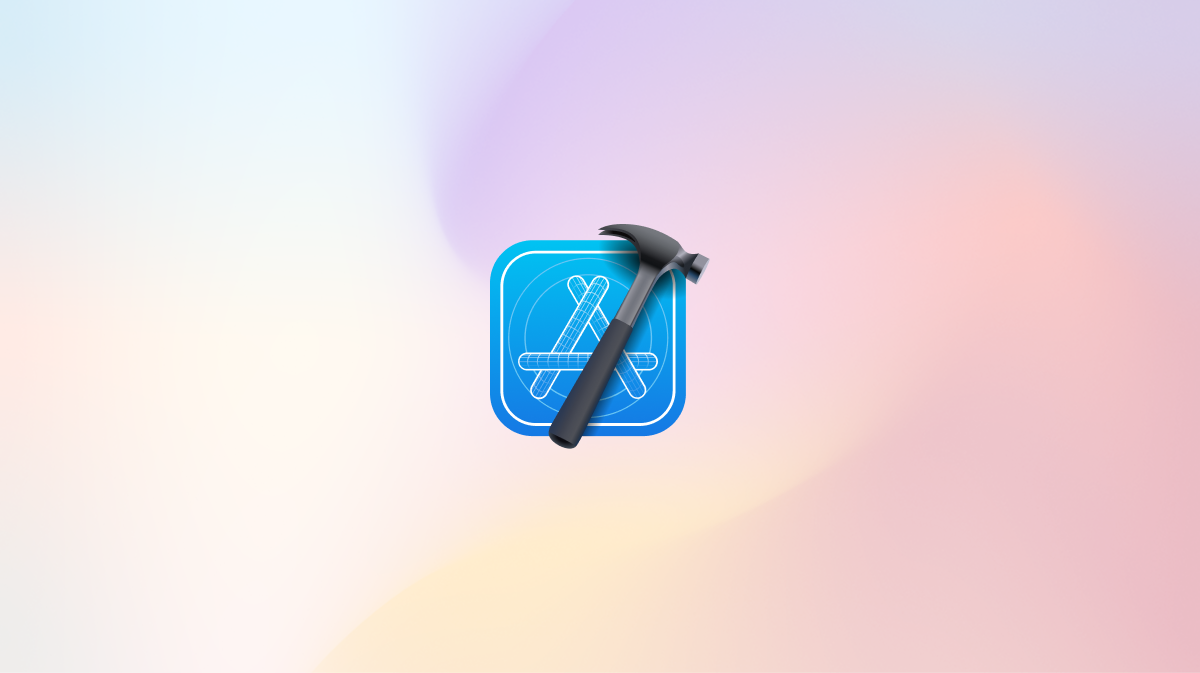
When it comes to choosing software for your business, there are two main options: custom or generic. While generic software may seem like the more convenient and cost-effective option, businesses often tell us they’ve come to regret their choice. Here are the top 4 reasons why:
1. Generic Software just doesn’t fit
Generic software is often designed with a common use case in mind, but similar to humans, businesses come in all shapes, and sizes. This means that generic software may not include all of the features and functionality that your business needs; or it has too many features and is too complex for you or your main user.
Custom software, on the other hand, is designed specifically for your business and can be tailored to meet your unique needs and requirements. You’ll get exactly the right number of features and functionality; not less and not more than required. This means that you won’t have to make do with features that don’t quite fit your business.
2. It may Inhibit your Growth
As your business grows, your software needs may change. Generic software may not be able to accommodate these changes, which means that you’ll either have to work with limited functionality or migrate to a new software solution, which can be costly. Custom software, on the other hand, can be easily scaled and modified as your business grows, ensuring that you have the tools and resources you need to meet your changing needs.
3. Limited Integration with Existing Systems
If you’re using multiple software programs to run your business, integrating them can be a challenge. Generic software may not be compatible with your existing systems, which means that you’ll have to manually enter data or use workarounds to make them work together. Custom software, on the other hand, can be built to allow seamless integration with your existing systems, making it easier to manage your data and processes.
4. No Competitive Edge
Off-the-shelf software is used by many businesses, which means that your competitors may be using the same solution as you. Custom software, on the other hand, is unique to your business and can give you a competitive edge. This can be particularly valuable in customer-facing software solutions or products.
In conclusion, custom software is often the better choice for businesses in the long run because it is tailored to your specific needs, can be integrated with your existing systems, can be scaled as your business grows, and can provide a competitive edge.
Expert Opinion
While custom software may require a larger upfront investment, the long-term benefits often outweigh the cost, provided the software is architected in a proper way. Unfortunately, some custom software providers build a poor foundation which can’t be scaled; thus, it is crucial to choose a reputable custom software provider from the start.
— Prageeth Silva
Get in touch if you have questions or need help with building custom software. Our experienced team will find the best solution for you.






